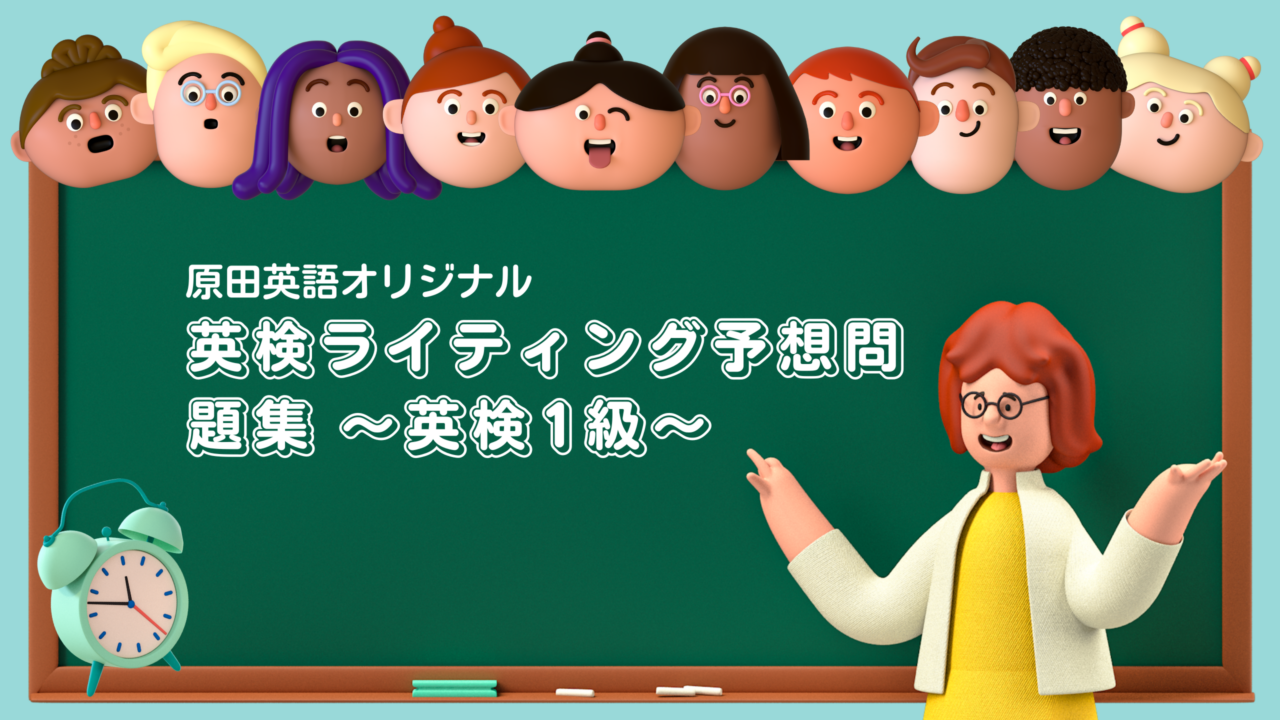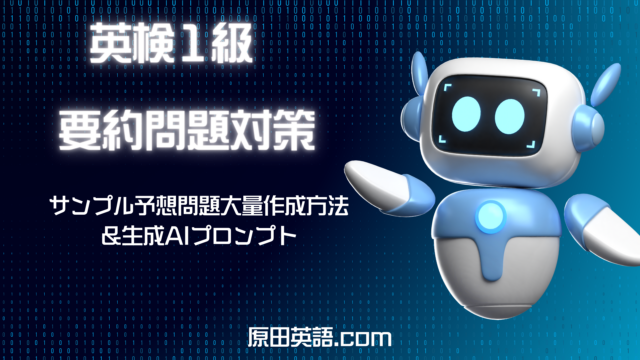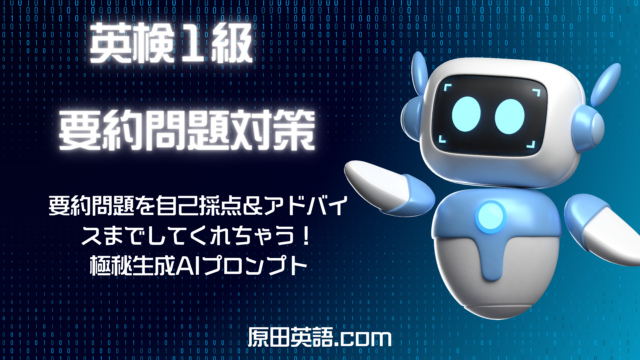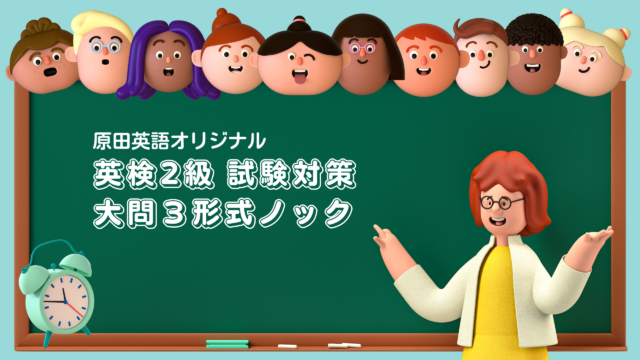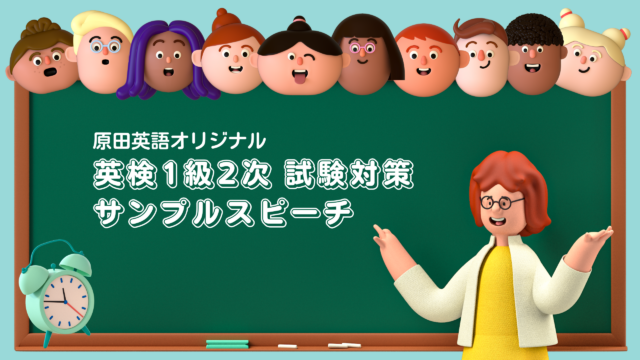● Write an essay on the given TOPIC.
● Give THREE reasons to support your answer.
● Structure: introduction, main body, and conclusion
● Suggested length: 200-240 words
TOPIC Agree or disagree: Artificial intelligence will bring more benefits than harm to future societies.
[Agree]
Artificial intelligence has the potential to revolutionize various aspects of modern society. When considering the benefits of AI in areas such as healthcare, job opportunities, and environmental conservation, it is evident that the technology will bring more benefits than harm to future societies.
AI can greatly enhance healthcare outcomes by providing accurate diagnoses and personalized treatment plans. By analyzing large amounts of data, AI can identify patterns and detect diseases at earlier stages, leading to improved medical interventions and ultimately saving lives.
Artificial intelligence can also create new job opportunities by automating mundane tasks and allowing humans to focus on more complex and creative endeavors. This will lead to an increase in job satisfaction and the overall productivity of society, as people can pursue meaningful work aligned with their skills and passions.
Lastly, AI can have a significant positive impact on the environment. This technology can optimize resource usage, reduce waste, and assist in monitoring and managing environmental issues such as climate change and deforestation. AI-powered solutions can help make industries and agriculture more sustainable and efficient, contributing to a greener future.
In conclusion, the benefits of artificial intelligence in healthcare, job opportunities, and environmental conservation far outweigh any potential harm. With responsible development and implementation, AI can play a crucial role in ensuring a brighter future for society.
[Disagree]
Despite the potential advantages of artificial intelligence, its implementation could bring about more harm than benefit to future societies, particularly in areas such as job displacement, lack of privacy, and increased dependence on technology.
AI-driven automation could lead to significant job displacement, as machines and algorithms replace human labor in various industries. This could result in increased unemployment and socioeconomic inequality, as not all workers will be able to adapt or find new job opportunities.
Furthermore, AI-powered surveillance and data analysis systems pose significant privacy concerns. The mass collection and analysis of personal data could lead to invasions of privacy and potential misuse of information, eroding the fundamental right to privacy in favor of corporate or government interests.
Lastly, reliance on AI systems could result in increased societal dependence on technology, potentially affecting human skills and critical thinking abilities. As people turn to AI-driven systems for decision-making, there is a risk that individuals may become less adept at problem-solving and creative thinking.
In conclusion, while artificial intelligence has the potential to bring about certain benefits, the risks related to job displacement, privacy concerns, and increased dependence on technology could ultimately prove more harmful to future societies.
【Agree】
現代社会の多くの側面を革命化する潜在力を持つ人工知能。医療、雇用機会、環境保護などの分野での人工知能の利点を考慮すると、この技術が将来の社会にもたらす利益は有害な影響よりも大きいことが明らかです。
人工知能は、正確な診断や個人に合わせた治療計画を提供することで、医療成果を大幅に向上させることができます。大量のデータを分析することによって、AIはパターンを特定し、疾患を早期に検出することができ、医療介入を改善し、最終的には命を救うことができます。
人工知能は、単調な作業を自動化し、人々が複雑で創造的な仕事に集中できるようにすることで、新しい雇用機会を創出することができます。これにより、仕事の満足度が高まり、社会全体の生産性が向上し、人々は自分のスキルと情熱に沿った意義のある仕事に取り組むことができます。
最後に、人工知能は環境に重要な貢献をすることができます。この技術は、資源の使用を最適化し、廃棄物を減らし、気候変動や森林伐採などの環境問題の監視と管理に役立つことができます。AIを活用したソリューションは、産業や農業をより持続可能で効率的にし、より環境にやさしい未来に貢献することができます。
結論として、医療、雇用機会、環境保護における人工知能の利点は、潜在的な害よりもはるかに大きいものです。責任ある開発と実装により、AIは社会のより明るい未来を確保する上で重要な役割を果たすことができます。
| 番号 | 英語 | 日本語 |
| 1 | Artificial intelligence | 人工知能 |
| 2 | Healthcare | 医療 |
| 3 | Job opportunities | 雇用機会 |
| 4 | Environmental conservation | 環境保護 |
| 5 | Accurate diagnoses | 正確な診断 |
| 6 | Personalized treatment plans | 個人に合わせた治療計画 |
| 7 | Patterns | パターン |
| 8 | Diseases | 疾患 |
| 9 | Medical interventions | 医療介入 |
| 10 | Saving lives | 命を救う |
| 11 | Automating mundane tasks | 単調な作業を自動化する |
| 12 | Complex and creative endeavors | 複雑で創造的な仕事 |
| 13 | Job satisfaction | 仕事の満足度 |
| 14 | Productivity | 生産性 |
| 15 | Sustainable | 持続可能な |
| 16 | Efficient | 効率的な |
| 17 | Greener future | より環境にやさしい未来 |
【Disagree】
人工知能の可能性にもかかわらず、その実装は将来の社会にとって有益よりも有害な影響をもたらす可能性があります。特に、雇用の減少、プライバシーの欠如、およびテクノロジーへの依存が増加する分野においては、その傾向が見られます。
AIによる自動化は、様々な産業において人間の労働力を機械やアルゴリズムが置き換えることで、重要な雇用の減少をもたらす可能性があります。これにより、失業率の増加や社会的不平等が増大する可能性があります。すべての労働者が適応したり、新しい雇用の機会を見つけたりすることができないためです。
さらに、AIによる監視やデータ分析システムは、重要なプライバシー問題を引き起こす可能性があります。個人データの大量収集や分析は、プライバシーの侵害と情報の悪用の可能性をもたらし、企業や政府の利益に有利な形で、プライバシーの基本的権利を侵食することがあります。
最後に、AIシステムに依存することで、社会的にテクノロジーに依存する傾向が高まることがあり、人間のスキルや批判的思考能力に影響を与える可能性があります。人々が意思決定にAIシステムを頼るようになると、個人が問題解決や創造的思考に熟達しなくなるリスクがあります。
結論として、人工知能は一定の利益をもたらす可能性がある一方で、雇用の減少、プライバシー問題、テクノロジーへの依存度が高まることに関連するリスクは将来の社会にとってより有害な影響をもたらす可能性があります。
| 番号 | 英語 | 日本語訳 |
| 1 | artificial intelligence | 人工知能 |
| 2 | job displacement | 雇用の減少 |
| 3 | lack of privacy | プライバシーの欠如 |
| 4 | increased dependence on technology | テクノロジーへの依存が増加する |
| 5 | AI-driven automation | AIによる自動化 |
| 6 | machines and algorithms | 機械やアルゴリズム |
| 7 | increased unemployment | 失業率の増加 |
| 8 | socioeconomic inequality | 社会的不平等 |
| 9 | adapt | 適応する |
| 10 | new job opportunities | 新しい雇用の機会 |
| 11 | surveillance and data analysis systems | 監視およびデータ分析システム |
| 12 | mass collection | 大量収集 |
| 13 | invasions of privacy | プライバシー侵害 |
| 14 | potential misuse of information | 情報の悪用の可能性 |
| 15 | fundamental right to privacy | プライバシーの基本的権利 |
| 16 | corporate or government interests | 企業や政府の利益 |
| 17 | reliance on AI systems | AIシステムに依存すること |
| 18 | critical thinking abilities | 批判的思考能力 |
